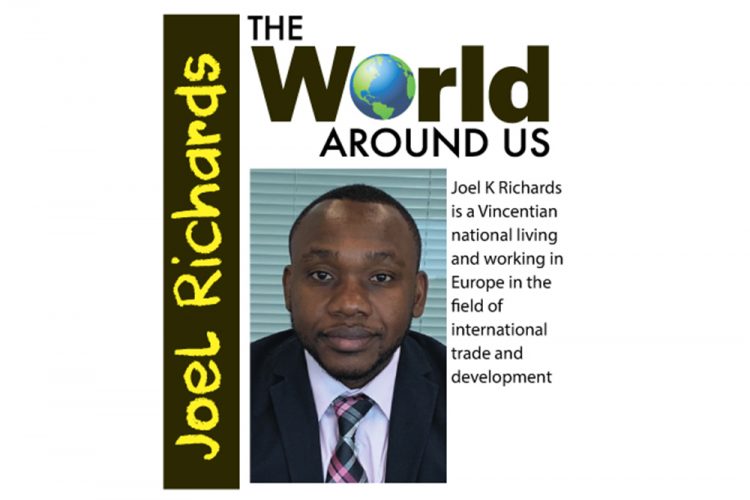A Commonwealth for the 21st Century

The long delayed (on account of COVID-19) Commonwealth Heads of Government Meeting (CHOGM), 2022 takes place 20-25 June 2022, in Kigali, Rwanda. According to the Commonwealth Secretariat, its leaders will travel to Rwanda to reaffirm their common values and agree actions and policies to improve the lives of all their citizens.
For some, the Commonwealth represents a colonial past and is a reflection of what the world used to be when the United Kingdom (UK) was a superpower, not what the world is now. The unresolved mystery presented by the Commonwealth is why a group of nations that struggled to win their independence from the UK, reconstituted themselves in an organisation that is closely patterned after its former colonial master. Critics have also called the Commonwealth institutions outmoded and ineffective.
The United Kingdom, with its monarchy as the titular Head of the Commonwealth, is navigating its own place in the world since its exit, (Brexit) from the European Union (EU). Post-Brexit, London has pushed for a vision of a more outward-looking foreign policy, known as “Global Britain.” Key to this goal of revitalizing the UK on the world stage is the Commonwealth.
Brexit supporters, skeptical of deeper integration with the EU have for a long time, seen the Commonwealth as a more natural forum for the UK, due to historical ties, a common language, and similar legal traditions. Therefore, some policymakers in the UK advocate that the UK’s post-EU future should lie in deepening trade and immigration with the Commonwealth.
It is certainly not lost on these policy makers that amongst the Commonwealth’s members are India, the world’s second most populated country and fifth largest economy; Canada and Australia,advanced economies; Nigeria, Africa’s most populous country and an emerging economy; South Africa, the most dynamic economy in Africa; as well as several emerging economies in Asia. These are economies with which the UK can grow vital trade, economic and investment relations.
As far as the UK is concerned, it must also contend with a small, but not insignificant number of countries increasingly decoupling themselves from the British monarchy. This leaves in doubt the future leadership of the body when Queen Elizabeth’s reign ends.
Notwithstanding the foregoing, it is a misnomer to reduce the Commonwealth to a body which primarily caters to the needs of the UK. It is an organisation comprising 54 members with a combined population of 2.5 billion people. It is also instructive that 32 Commonwealth members are small states. Therefore, the Commonwealth has to be seen through the lens of how it can deliver benefits for all its Members.
Is the Commonwealth relevant? This question has to be answered in the context of prevailing global realities. The threat of climate change and natural disasters, the demands of the digital age, democratic backsliding and global exogenous shocks such as the COVID-19 pandemic all suggest that bodies which encourage cooperation between and amongst countries remain vitally important.
There is also much scope for the Commonwealth to take concrete actions to pursue trade and economic development initiatives which can deliver real benefits to its peoples. In a context of fractured multilateralism, it might be a useful exercise to Commonwealth Members to create a Commonwealth-wide trade and economic partnership agreement. This might be seen as too far-fetched and difficult a task. However, the journey of a thousand miles begins with a single step.
Steps can also be taken to pursue concrete actions on climate change, particularly as it relates to supporting the many Small Island Developing States (SIDS) of the Commonwealth to build resilience to the threat of climate change and natural disasters.
Other important discussions taking place outside of the Commonwealth can also be tested within the Commonwealth. For example, issues such as debt forgiveness and alternative financing mechanisms for SIDS can be usefully pursued by Commonwealth members.
The Commonwealth is not irrelevant. It still has an important role to play as a norm shaper in international affairs and in delivering real benefits to its Members. However, maybe there is scopeto reimagine how to make it more meaningful and effective.
Joel K Richards is a Vincentian national living and working in Europe in the field of international trade and development.
Email: joelkmrichards@gmail.com









